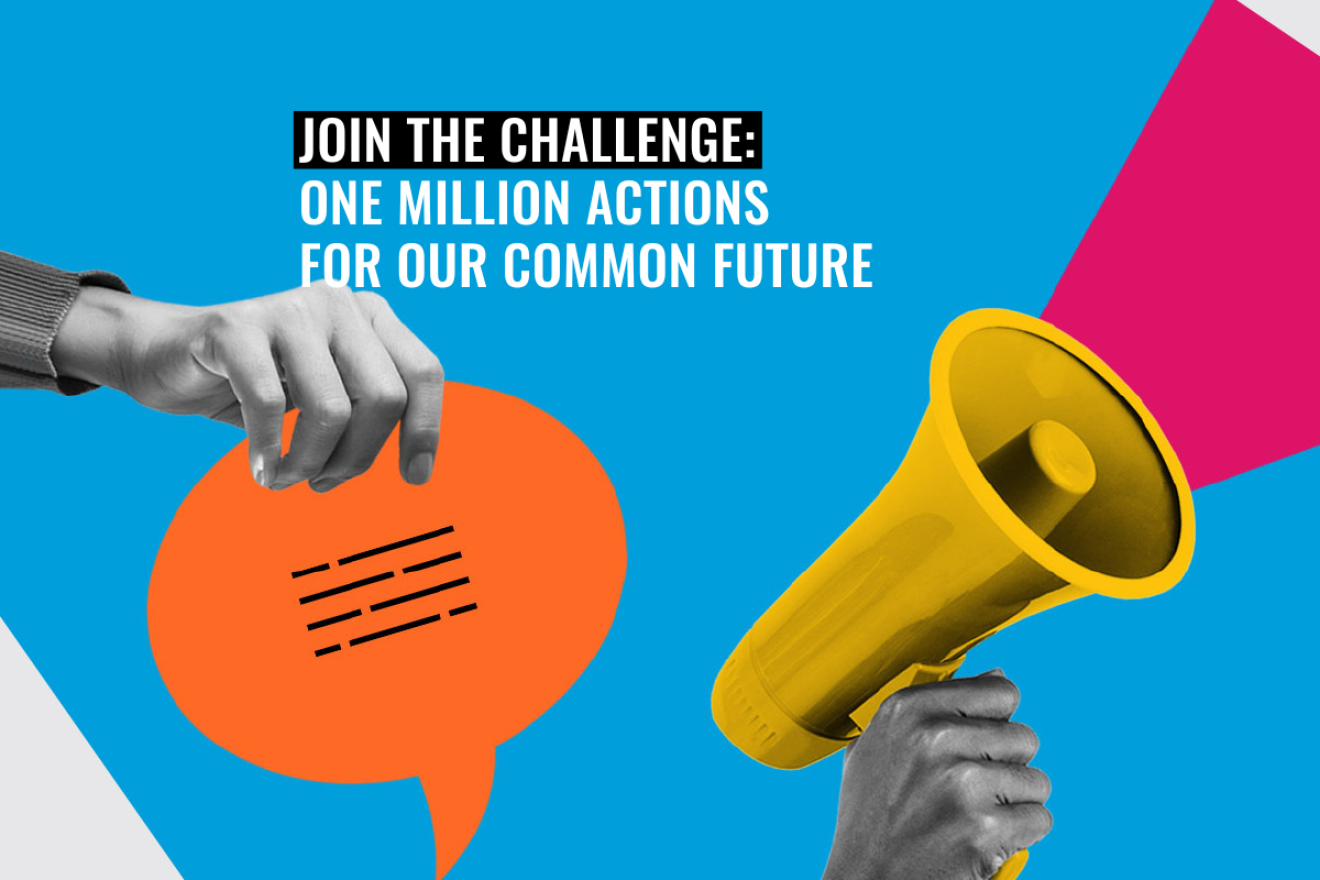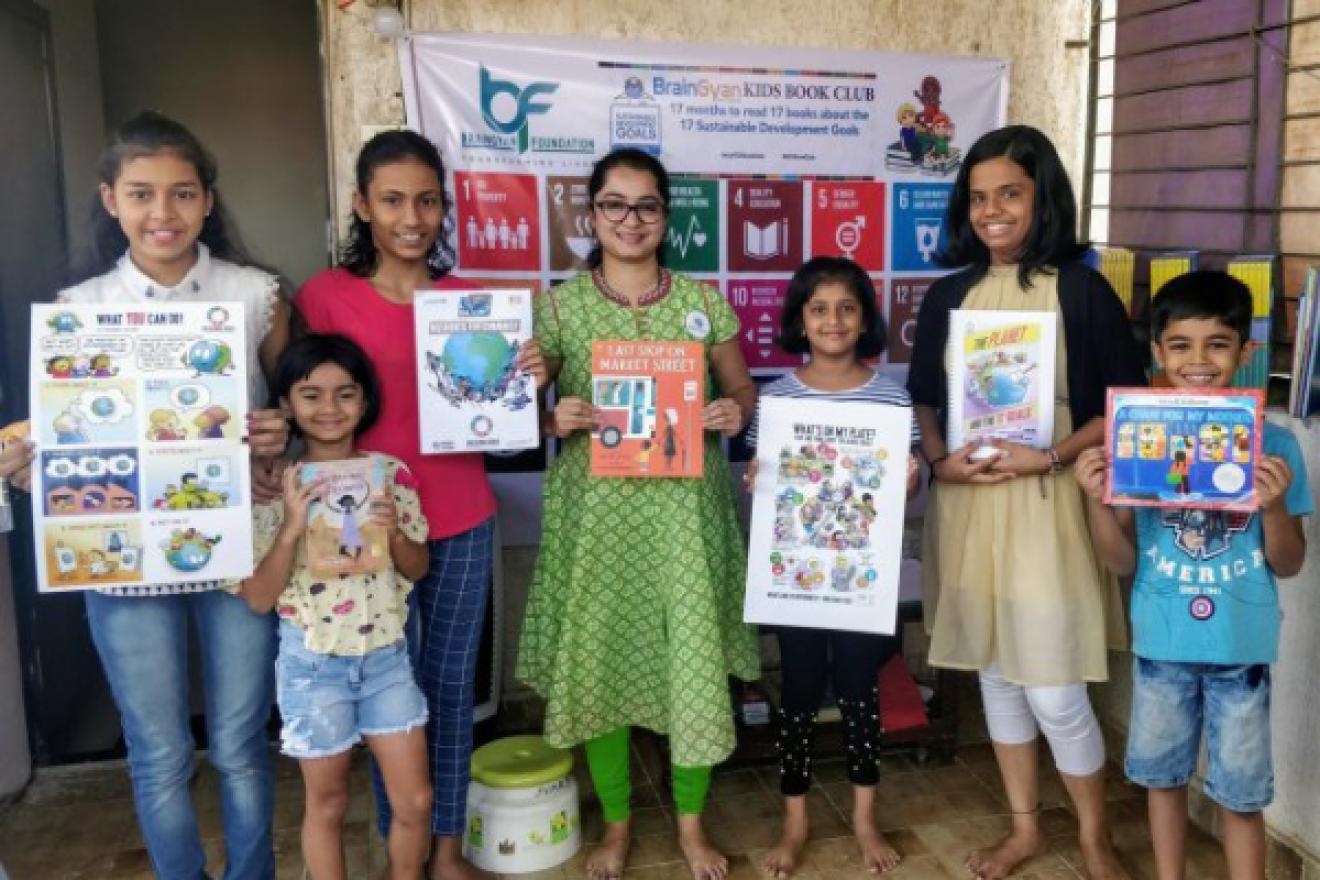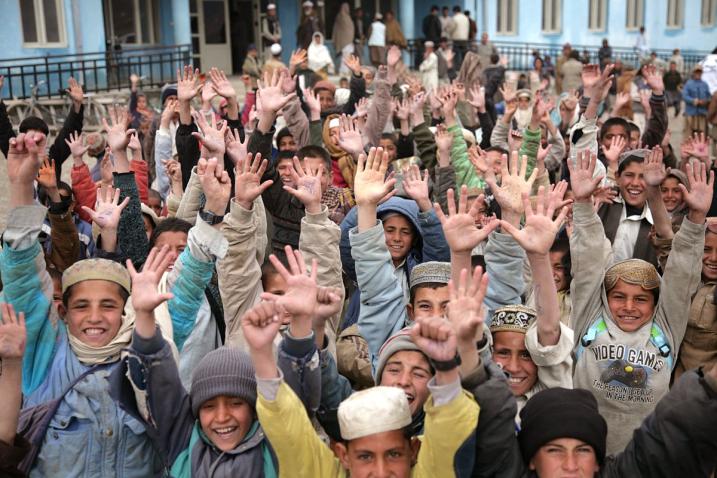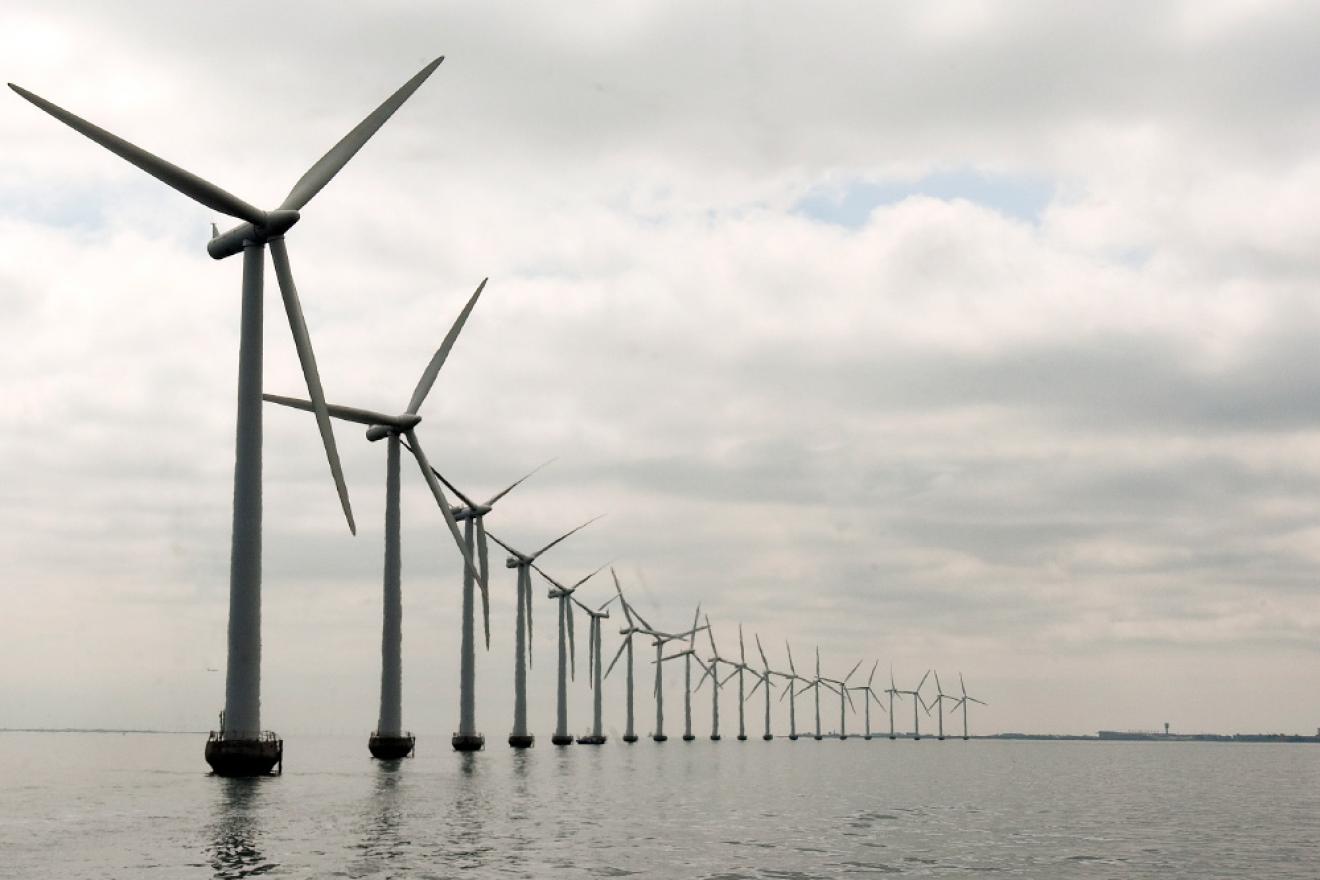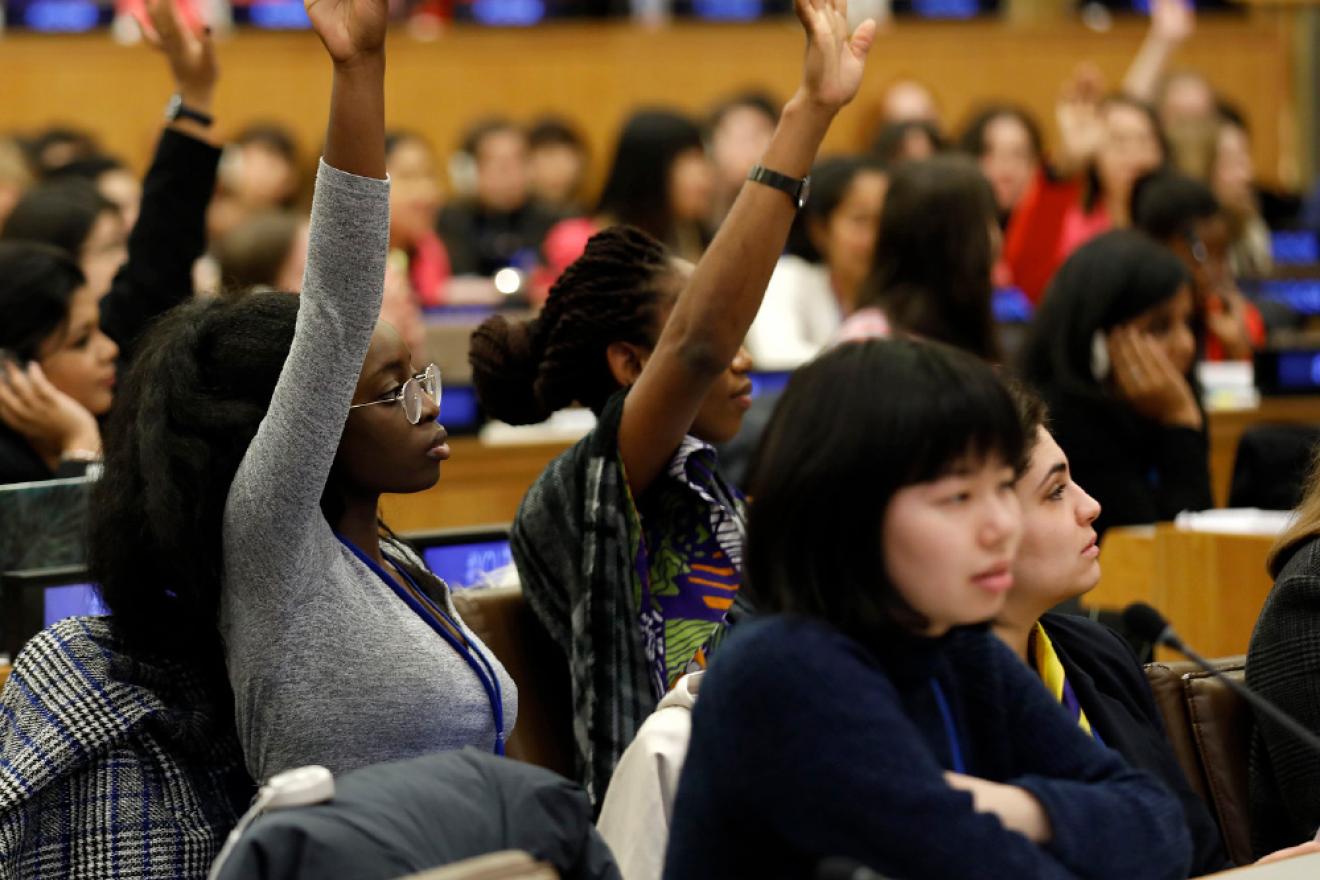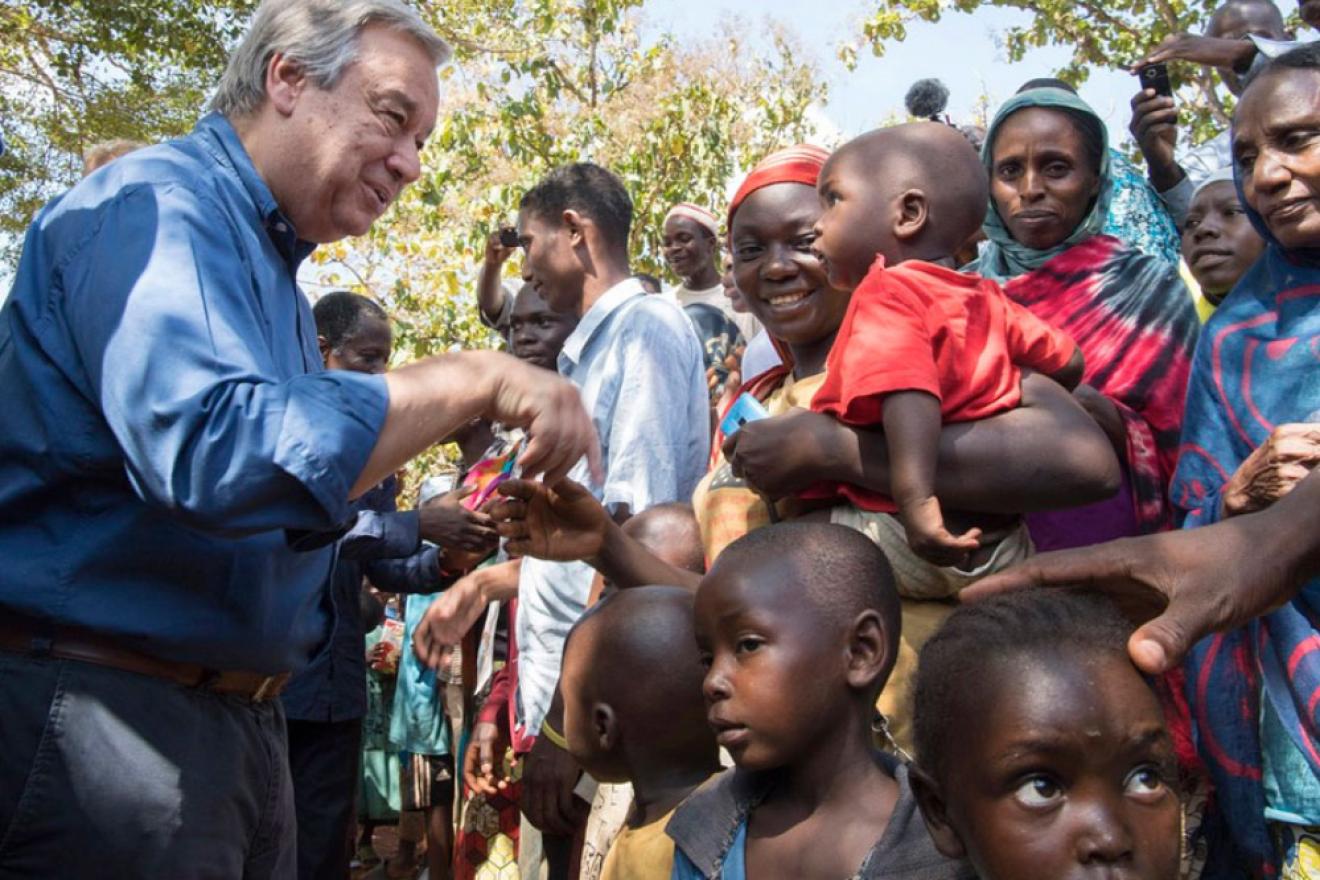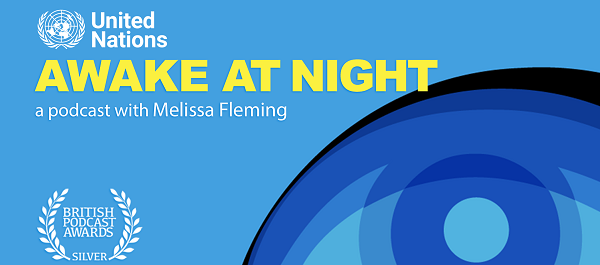Amid freezing temperatures and repeated power outages, Kyiv doctors continue performing life-saving Caesarean sections, relying on backup systems and resilience to protect mothers and newborns.
The Goals can improve life for all of us. Cleaner air. Safer cities. Equality. Better jobs. These issues matter to everyone. But progress is too slow. We have to act, urgently, to accelerate changes that add up to better lives on a healthier planet. Find new inspiring actions on the app and at un.org/actnow.





